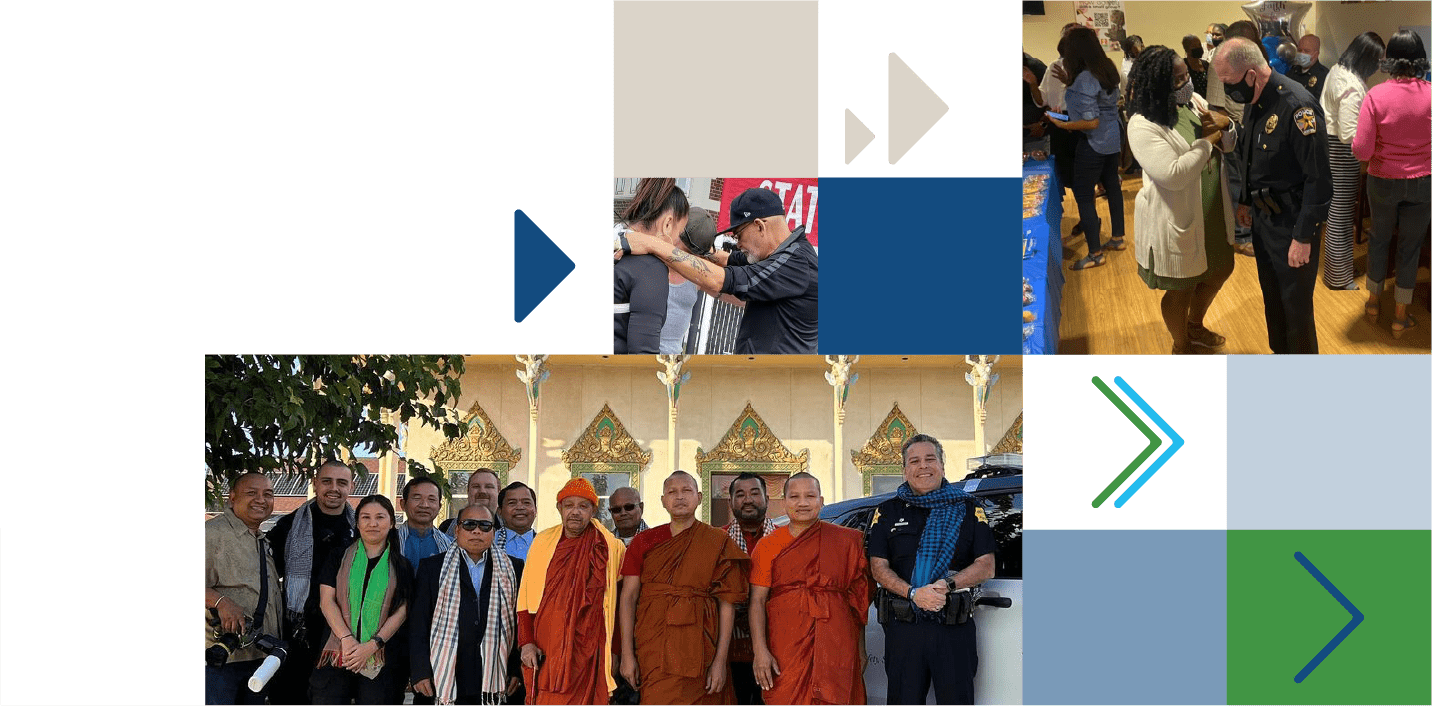Juneteenth, also known as Freedom Day, marks the day when General Gordon Granger and federal troops arrived in Galveston, Texas in 1865 to take occupancy of the state and ensure all enslaved people were freed. It bears mentioning that this day came almost two and a half years after the signing of the Emancipation Proclamation. Short for “June Nineteenth,” Juneteenth is considered to be the longest-running African-American holiday and we celebrate it to honor the end of slavery in the United States.
To a large extent, Juneteenth represents how the starting line in the race for freedom and justice in the U.S. has been pushed back for Black people. Over the course of many decades—well after the last slaves were freed in Galveston—Black people continued to be subjected to disproportionate practices from lynching, false imprisonment, mass incarceration, unfair housing policies, minimal economic investment, and lack of access to education and healthcare.
Today, we shift our focus toward the continued fight for racial equity and a just society. It is clear that while progress has been made in Black America’s 156 years out of bondage, considerable barriers continue to impede that progress.
So, what needs to happen? There are many important – and overdue – changes that are needed to ensure Black Americans have the full enfranchisement of rights. These changes include:
Addressing Systemic Racism
In order to move forward, as a country we must acknowledge years of oppression. Black people are looking to allies, corporations, and government agencies to identify and then break down the procedures and processes that create disadvantages for African Americans.
Access to Healthcare and Insurance
According to Reuters Graphics, a study shows that Black adults are more than 1.5 times less likely to have health insurance than white adults. Black women are three to four times more likely to die from pregnancy-related causes than white women.
Food Insecurity
Moveforhunger.org says, “People of any color, ethnicity, or demographic background can experience food insecurity. Some groups, however, are more vulnerable than others. African American households face hunger at two times the rate of white, non-Hispanic households.”
Access to Education
Due to racial and economic disparities, less than a third of black students will attain a bachelor’s degree or higher, compared to almost half of white students. These barriers to equitable education can start as early as elementary school.
Police Reform
Police reform appeals to a much-needed overhaul in 21st century policing. The long-term solution will require a substantial effort to address the grievances and concerns civilians have about law enforcement. The long road ahead in this trust-building process involves genuine and honest engagement between law enforcement and Black communities.
As a nation we will continue to strive for a more just and equitable society. However, the protests of summer 2020 have proven there is still much work to be done. People are looking for resolutions on how to get ahead of more than 400 years of bondage and oppression. This year as we celebrate Juneteenth, let us come together and find ways can lean into each other’s differences instead of turning on each other.
Editorial Disclaimer: All blog posts are contributed by a member of the MovementForward, Inc. team in their personal capacity. The opinions expressed in the posts are the author’s own and do not reflect the views of MovementForward, Inc. or any other partnership associated with the organization.
